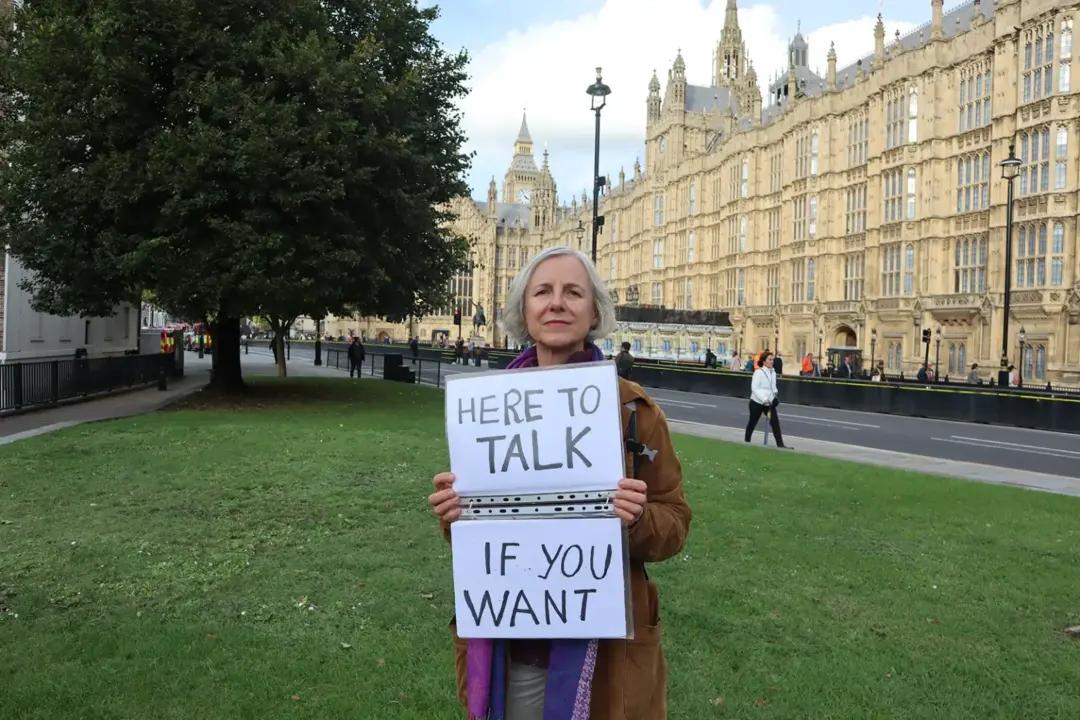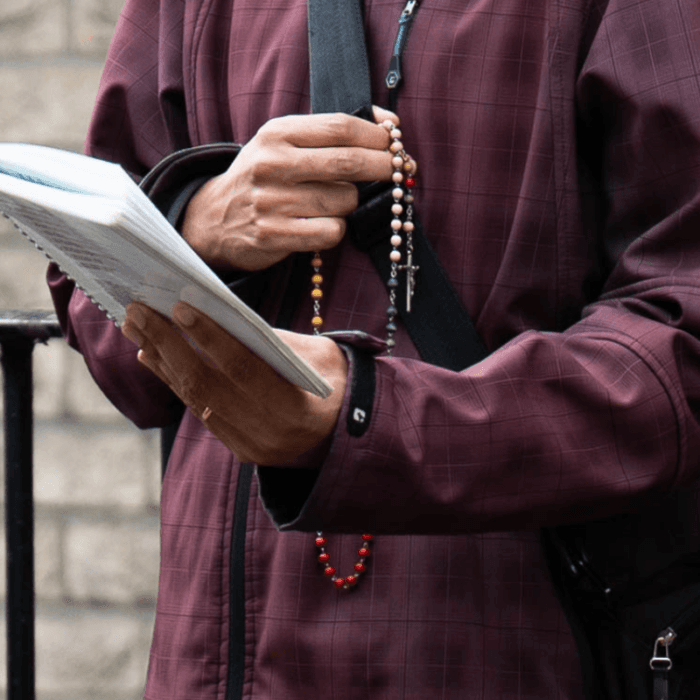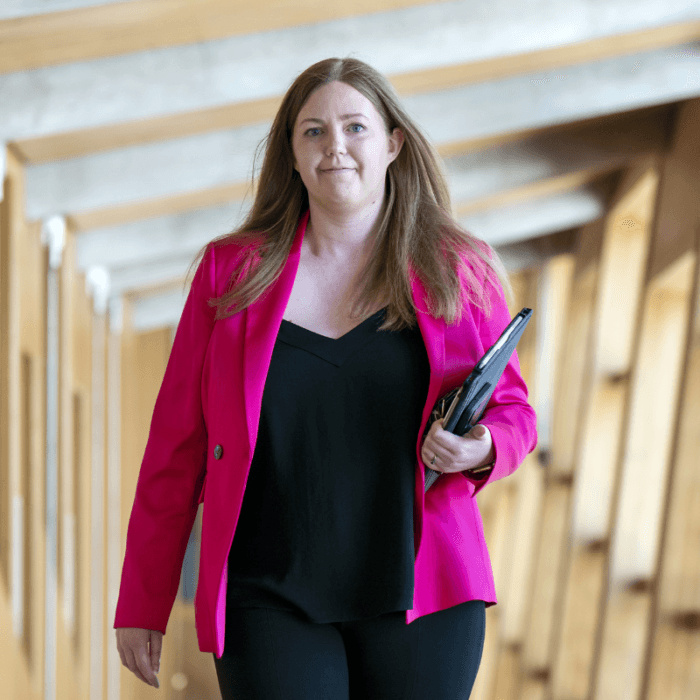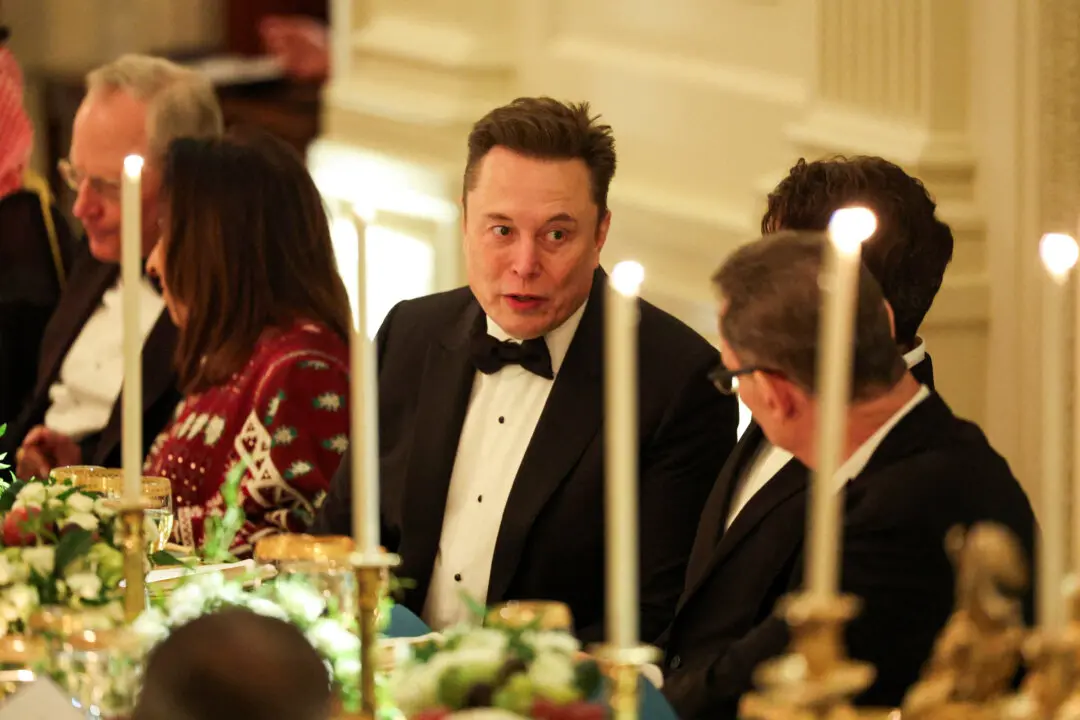The government has denied that free speech concerns raised by the U.S. State Department and Vice President JD Vance in relation to the criminal prosecutions of pro-life supporters has played a “material role” in trade tariff negotiations.
Campaigner Livia Tossici-Bolt appeared before Poole Magistrates’ Court last month accused of breaching the Public Spaces Protection Order, also known as a “buffer zone,” around a Bournemouth abortion clinic in March 2023.
The 64-year-old Italian mother was arrested after she held a sign in the vicinity of the clinic saying, “Here to talk, if you want.” The court heard there were no recorded complaints about her actions from members of the public and no evidence that she directly approached anyone accessing the clinic was offered by Bouremouth, Christchurch and Poole Council.
“However, as Vice President Vance has said, we are concerned about freedom of expression in the United Kingdom.
“While recently in the UK, DRL senior adviser Sam Samson met with Livia Tossici-Bolt, who faces criminal charges for offering conversation within a legally prohibited ‘buffer zone’ at an abortion clinic.
Trade Tariff Negotiations
Despite suggestions from unnamed sources in the media said to be “familiar” with the trade tariff negotiations that there could be “no free trade without free speech,” Business Secretary Jonathan Reynolds said the issue has played no part in the meetings he has attended.He told Times Radio on Tuesday, “Obviously, there are things from different people in the administration that they’ve said in the past about this, but it’s not been part of the trade negotiations that I’ve been part of.”
Reynolds later said on BBC Radio 4’s “Today” programme that free speech had not been a “material factor” in negotiations and the concerns were coming from the U.S. State Department, which leads on international affairs, rather than the U.S. Commerce Department, which leads on trade.
Tossici-Bolt, a retired medical scientist living in Bournemouth, said in a statement through the Alliance Defending Freedom (ADF), which is giving her legal support: “Great Britain is supposed to be a free country, yet I’ve been dragged through court merely for offering consensual conversation.
“Peaceful expression is a fundamental right—no one should be criminalised for harmless offers to converse.
‘An International Embarrassment’
She added, “I’m grateful to the US administration for prioritising the preservation and promotion of freedom of expression and for engaging in robust diplomacy to that end.“It deeply saddens me that the UK is seen as an international embarrassment when it comes to free speech.
“My case, involving only a mere invitation to speak, is but one example of the extreme and undeniable state of censorship in Great Britain today.
‘Major Point of Contention’
Lorcan Price, legal counsel for ADF International, said: “We are used to seeing this kind of diplomacy happen with countries that have authoritarian and dictatorial regimes. It is sobering to realise the censorship crisis in the UK has become so extreme that it is now necessary here too.“Livia’s criminal prosecution for merely offering consensual conversation highlights in a particular way that free speech is now becoming a major point of contention between the US and UK.
“If the UK continues to abandon free speech, it’s now clear there will be no ‘special relationship’. We are grateful to the US for engaging in diplomacy to promote the fundamental right of freedom of expression in this country.”
The latest intervention from the United States could have posed an additional concern for Prime Minister Sir Keir Starmer in the final stages of trade negotiations, as he seeks to avoid billions of pounds in tariffs due to be imposed by the Trump administration this week.

Vance’s Fears for UK
Vance told the Munich Security Conference in February of his concerns over freedom of expression in the UK, raising the case of Adam Smith Connor, a United States citizen and Army veteran convicted for silent prayer in a buffer zone.Referring to “the backslide away from conscience rights,” which has “placed the basic liberties of religious Britons in particular in the crosshairs,” the vice president said that “in Britain and across Europe, free speech, I fear, is in retreat.”
Vance pledged that under the “new sheriff in town,” President Donald Trump, “We may disagree with your views, but we will fight to defend your right to offer them in the public square.”
Two weeks after his Munich speech, during the Starmer’s White House visit, Vance raised the issue during a press conference with the prime minister, saying there have been “infringements on free speech that actually affect not just the British, but also American technology companies and, by extension, American citizens.”
In response, Starmer said, “We have had free speech for a very long time in the United Kingdom, and it will last for a very, very long time.”
Conservative Party leader Kemi Badenoch told LBC Radio on Tuesday she was not familiar with the Tossici-Bolt case, but warned against “draconian interpretations of the law.”
She said: “We have freedom of expression in this country, we have free speech in this country.
“However, it is at risk because a lot of people are expanding the law way beyond the original intention.”
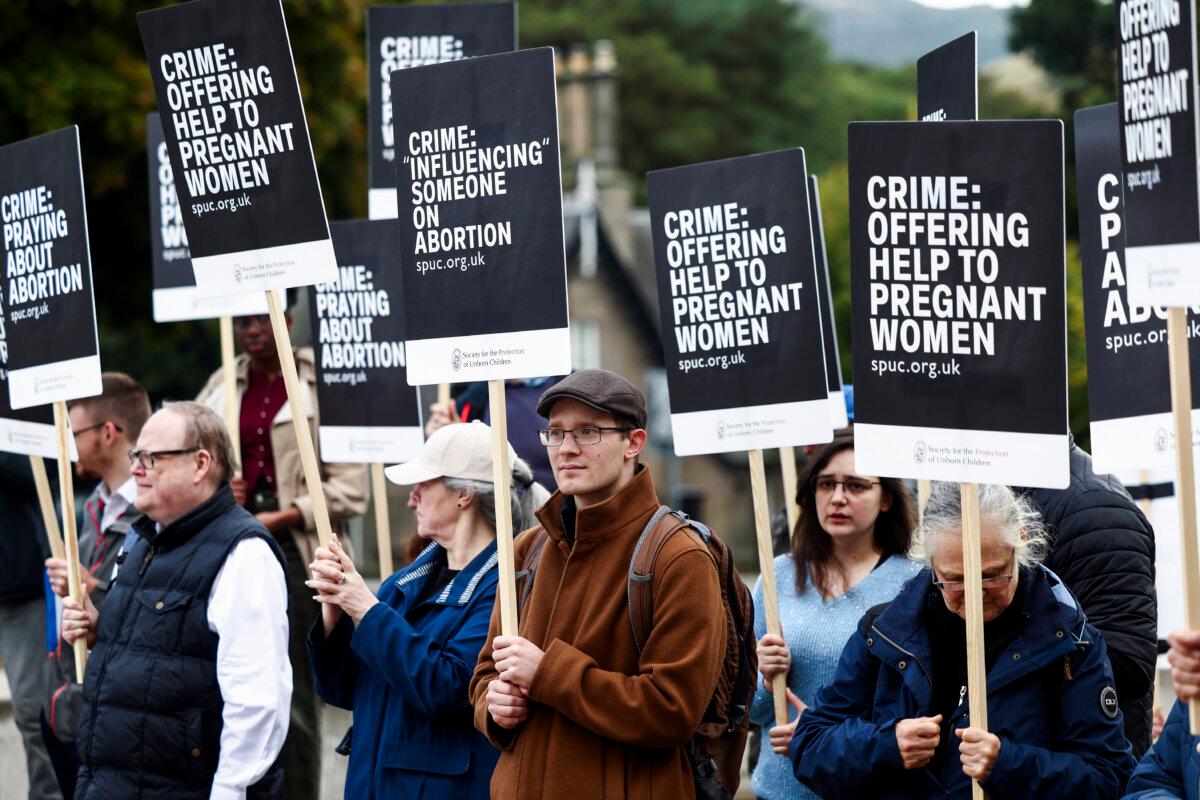
Private Home Prayer ‘Offence’
Buffer zones were introduced in England and Wales last October with cross party support, and prevent activists from demonstrating either for or against terminations within 150 metres of abortion clinics.Such legislation also exists in Scotland, where Safe Access Zones prohibit campaigners from being within 200 metres of clinics providing terminations.
A 74-year-old Christian grandmother from Glasgow, Rose Docherty, became the first person to be arrested for breaching the buffer zone law in Scotland in February, after she held a sign saying, “Coercion is a crime, here to talk, only if you want.”
The SNP-led Scottish Government last year sent a letter to residents who live in a buffer zone, saying, “Activities in a private place (such as a house) within the area between the protected premises and the boundary of a Zone could be an offence if they can be seen or heard within the Zone and are done intentionally or recklessly.”
Green Party MSP Gillian Mackay, who helped devise the Scottish buffer zone law, said in an interview on BBC “Scotcast” that prayer in a private home within a buffer zone could—in theory—be a crime depending “on who’s passing by the window.”
Downing Street would not comment on the ongoing case against Tossici-Bolt, who could face an unlimited fine and be left with a criminal record if found guilty.
